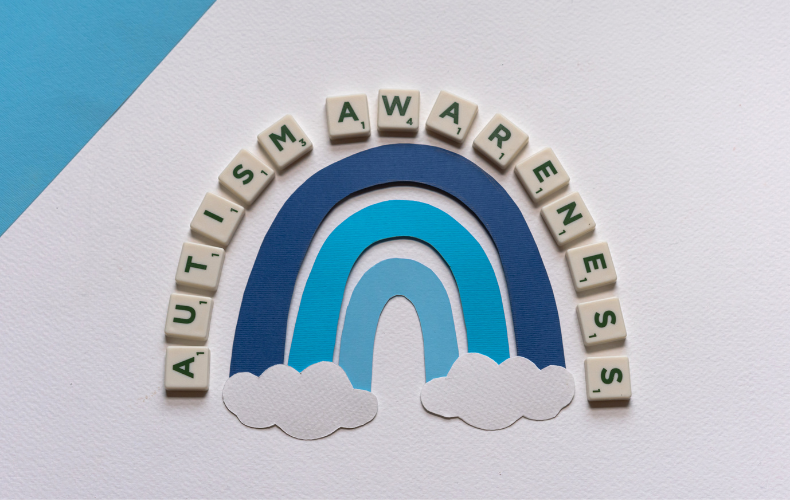
Autism, or Autism Spectrum Disorder (ASD), encompasses a range of conditions characterized by challenges with social skills, repetitive behaviors, and communication—both verbal and non-verbal.
Over the years, extensive research has led to a better understanding of autism, revealing that multiple genetic and environmental factors contribute to its development. This World Autism Month, let’s explore some key facts about autism and how emerging treatments, including cord blood stem cell therapy, offer new possibilities.
10 Essential Facts About Autism
1. Early diagnosis can improve outcomes
Recognizing autism early can significantly impact a child’s development. The most noticeable signs typically appear between ages two and three, though some children may show signs as early as 18 months. Experts recommend that parents seek medical evaluation if they notice any developmental delays.
2. Autism affects 1 in 68 children in the USA
With a growing number of diagnoses, autism research continues to advance, focusing on its causes, early detection, and potential treatments.
3. Vaccines do NOT cause autism
Despite persistent myths, extensive research over the last two decades has found no link between vaccines and autism. Vaccinations remain essential in preventing life-threatening diseases.
4. Autism often coexists with other medical conditions
Individuals with autism are more likely to experience additional health challenges, including epilepsy, asthma, obesity, sleep disorders, and immune system irregularities.
5. Many individuals with autism have above-average intelligence
While autism is sometimes associated with intellectual disabilities, studies show that around 44% of those diagnosed have an IQ above the average range.
6. There is no cure for autism, but early intervention helps
Although autism is a lifelong condition, early diagnosis and intervention can significantly improve communication, behavior, and social skills, helping individuals reach their full potential.
7. Many children with autism develop verbal communication skills
While some children with autism may not speak by age four, research indicates that most eventually learn to use words, and nearly half become fluent speakers.
8. Some children lose their autism diagnosis
Although autism is generally considered a lifelong condition, some children make such significant progress with early intervention that they no longer meet the clinical criteria for an autism diagnosis.
9. Individuals with autism have the same life expectancy as the general population
However, studies show they face a higher risk of accidents, making safety awareness and support crucial.
10. Folic acid intake during pregnancy may reduce autism risk
Some research suggests that taking folic acid before and during pregnancy could help lower the likelihood of autism, reinforcing the importance of prenatal nutrition.
Cord Blood Stem Cells for Autism
Recent clinical trials are exploring the potential of cord blood stem cells as a treatment for autism. Studies suggest that these stem cells may help repair damaged neural pathways, reduce inflammation in the brain, and improve cognitive function. We have also released cord blood samples for autism treatment at Duke University Hospital, USA.
Storing your baby’s cord blood at birth is a once-in-a-lifetime opportunity to preserve their most potent stem cells. These stem cells are already being used to treat more than 80 medical conditions, including blood disorders, immune deficiencies, and neurological conditions. With ongoing research, the potential for autism treatment and other brain-related conditions continues to grow.
Want to Learn More?
Call us at 043116613 or Download a FREE Info Pack
Resources:
https://www.autismspeaks.org/what-autism
http://magellanhealthinsights.com/2017/04/03/10-things-to-know-about-autism-spectrum-disorder-asd/
https://www.autismspeaks.org/science/science-news/ten-important-things-we-know-about-autism-today-%E2%80%93-we-didn%E2%80%99t-know-year-ago
https://www.autismspeaks.org/science/science-news/top-ten-lists/2012/early-intervention-program-brain-activity-children-autism
https://www.autismspeaks.org/science/science-news/study-confirms-%E2%80%9Coptimal-outcomes%E2%80%9D

